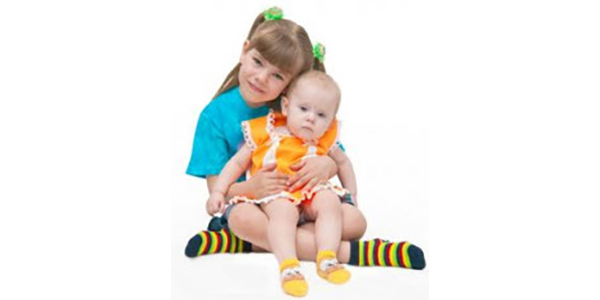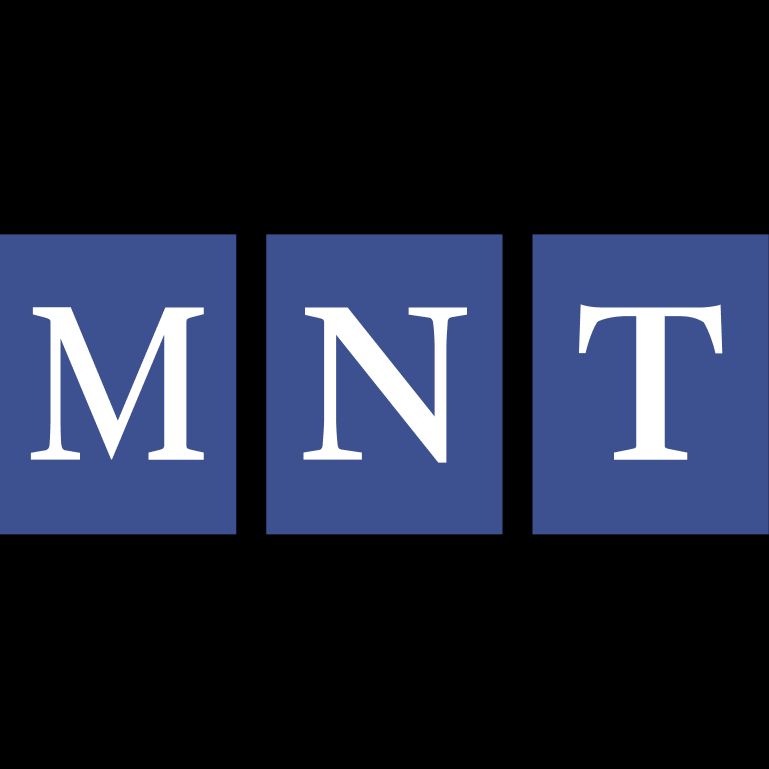dancerxoxo123
New Member
When I was around 3 years old I was diagnosed with PDD-NOS which means it is not enough for an official autism diagnosis. It means I have some traits of autism but not all. They changed my diagnosis to high functioning autism when I was in high school. Does that mean I have some autistic traits but not autistic since I was diagnosed with PDD-NOS as a child? Could my diagnosis of high functioning autism could have been wrong when they diagnosed me in high school?



